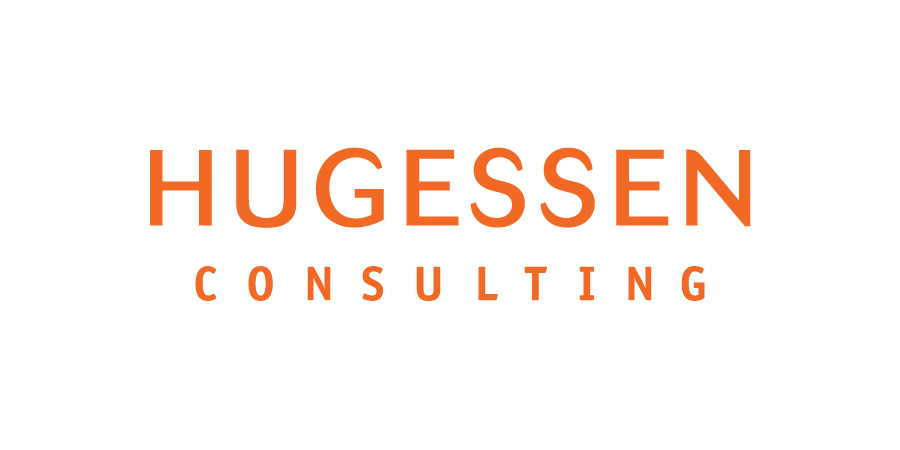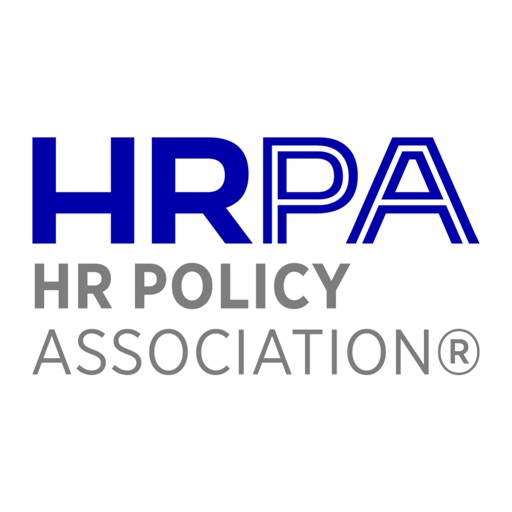"To counter the culture of silence, boards must deliberately cultivate constructive vigilance. This means fostering an environment where questioning is not viewed as hostility, but as commitment to excellence. The chair plays a critical role in this. By inviting dissenting views and ensuring psychological safety, they can transform disagreement from a threat into a governance strength...."
Category: latest news
"Adapt compensation practices to support strategic priorities and evolving macroeconomic conditions. Compensation programs are most effective when tailored to support long-term strategic goals. When these goals change, whether in reaction to macroeconomic challenges (such as tariff-related uncertainty) or due to pivots in business strategy..."
"White men have returned to the majority of new director appointments at S&P 500 companies for the first time since 2017, according to a recent Bloomberg report by Jeff Green. Data from ISS-Corporate shows that 55% of new directors named so far in 2025 are White men, a marked change from recent years when diversity efforts were more prominent...."
"The representation of women among Canada’s largest companies for the first time declined compared to the prior year, but the overall impact was offset by continued progress among companies outside the S&P/TSX Composite Index, resulting in a small overall increase in the representation of women on Canadian boards. Women comprise..."
As of October 16, 2025, Say-on-Pay (SoP) support levels for Canadian issuers showed a slight uptick compared to 2025. The average vote across TSX-listed companies reached 92.6%, up from 92.2% last year. Among the TSX60, the improvement was more pronounced, climbing from 91.7% in 2024 to 93.2% in 2025...
As we enter the last quarter of 2025, Boards are looking back on an eventful year. Economic, market, and geopolitical uncertainty rank amongst the top issues for Boards and CEOs, although these are the areas where Boards feel...
Amid the current complexity and challenges business leaders face today, an overwhelming majority of board directors worldwide believe that inclusive governance significantly enhances board effectiveness and overall company performance. ...From appointing younger directors and functional leaders to recruiting a wide range of directors, boards are ensuring a variety of viewpoints, experiences and skills when identifying new directors....
Results from the 2025 Forbes Research State of Sustainability Survey uncovered several areas where revenue and commitment to sustainability are positively correlated...
In boardrooms across the Middle East and North Africa (MENA), one question is finally gaining attention: where are the women?
Despite some progress, corporate boards in the region remain overwhelmingly male. This is not just a question of fairness—it’s a question of performance. Global studies consistently show that gender-diverse boards make better decisions, manage risk more effectively, and deliver stronger long-term returns....
It’s not just about selecting a new leader—it’s about safeguarding the company’s future, preserving the outgoing CEO’s legacy, aligning diverse stakeholders, and maintaining confidence across the organization and the market...








